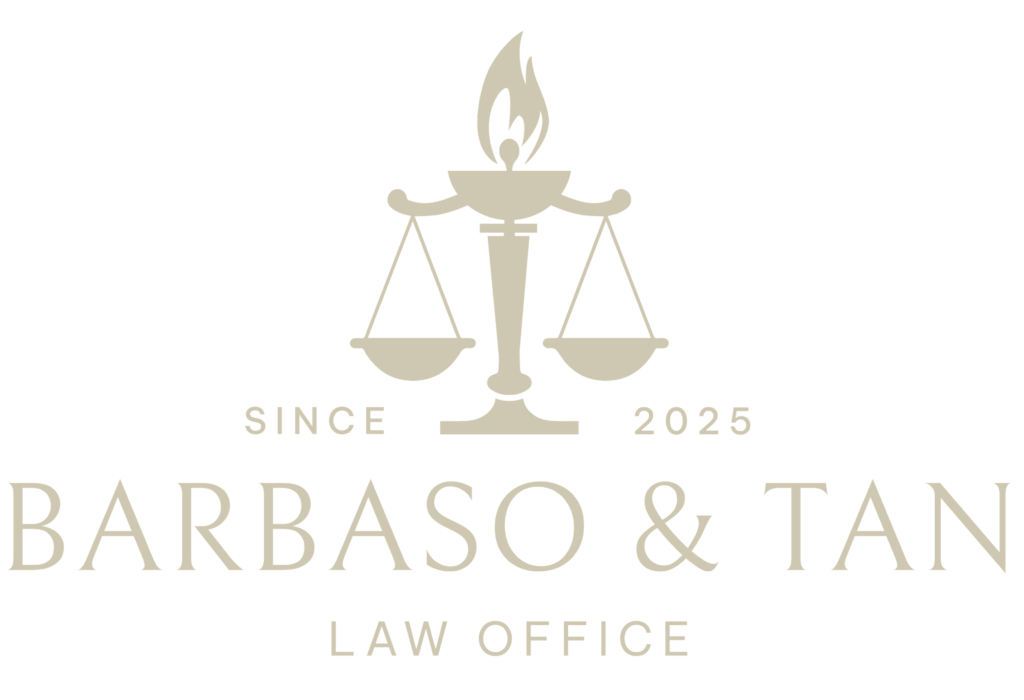Are You Guilty of Bigamy?
In our country, marriage is considered a sacred institution and holds a revered place in our society. According to our Family Code, marriage is defined as a special contract of permanent union between a man and a woman, entered into in accordance with the law for the establishment of conjugal and family life. In fact, our Constitution enshrines marriage as the foundation of the family and an inviolable social institution that is deeply embedded in the fabric of our society as a Filipino nation. However, what happens if a spouse decides to marry again while the first marriage is still subsisting?
To preserve and protect the institution of marriage, Bigamy is considered a criminal offense in the Philippines, and an offender who is found marrying more than once while the previous marriage is not dissolved legally may put that person to significant jail time.
Under Article 349 of the Revised Penal Code, Bigamy is committed by any person who shall contract a second or subsequent marriage before the former marriage has been legally dissolved, or before the absent spouse has been declared presumptively dead by means of a judgment rendered in the proper proceedings. In essence, the following are the essential elements before a person can be convicted for the said offense:
- The offender has been legally married;
- The first marriage has not been legally dissolved, or in case his or her spouse is absent, the absent spouse has not been judicially declared presumptively dead;
- He contracts a subsequent marriage; and
- The second or subsequent marriage has all the essential requisites for validity.
To illustrate, Jose married Maria. During their marriage, Jose filed a court case against Maria to declare their marriage void because he found out that their marriage was without any marriage license. Pending the court trial, Jose fell in love with and married Monica. Filled with hate and retribution, Maria filed a criminal case for Bigamy against her former lover, Jose, claiming that her marriage with Jose had not yet been dissolved by the court. Sounds Bigamy, doesn’t it?
Well, at first glance, it does seem like Bigamy since all the essential elements of the crime of Bigamy alluded to above appeared to be present. Well, not actually.
Recently in 2021, the Supreme Court in the case of Pulido vs. People made tremendous shockwaves in the realm of prosecuting cases for Bigamy and decided to revisit prior announcements by the High Court wherein, “a judicial declaration of absolute nullity obtained prior to the celebration of the second marriage is required as a valid defense in bigamy” and adopted a liberal view in favor of an accused. That quoted pronouncement no longer holds true today. So, gentlemen, listen up!
According to Justice Hernando when he ruled the Pulido case, he said that it is not necessary to have a judicial declaration of absolute nullity to prove that a marriage was void from the beginning, as well as any subsequent marriages. According to the benevolent Justice, a judicial declaration of absolute nullity of the first and/or second marriages presented by the accused in a prosecution for bigamy is a valid defense, regardless of when it was obtained, thus:
x x x
After a careful consideration, this Court is constrained to abandon our earlier rulings that a judicial declaration of absolute nullity of the first, and/or second marriages cannot be raised as a defense by the accused in a criminal prosecution for bigamy. We hold that a judicial declaration of absolute nullity is not necessary to prove a void ab initio prior and subsequent marriages in a bigamy case. Consequently, a judicial declaration of absolute nullity of the first and/or second marriages presented by the accused in the prosecution for bigamy is a valid defense, irrespective of the time within which they are secured.
x x x
Let us apply the newly minted Pulido doctrine to the case of Jose in the illustration above. As you are aware, a marriage license is required, among others, before a person’s marriage can be considered as valid. In Jose’s case, there was no marriage license. Since the lack of a valid marriage is equivalent to a void marriage from the beginning, there could not be a successful conviction for Bigamy when there is no valid marriage to begin with. Speaking alternatively, the first marriage cannot be dissolved or annulled, given the non-existence of the first marriage. Justice Hernando even went further in the case of Pulido when he ruled that a judicial declaration of absolute nullity of an accused first and/or subsequent marriages, obtained in a separate proceeding, can also be a legitimate defense in the criminal prosecution for bigamy, irrespective of when it is obtained.
Note that the Pulido doctrine only applies if the first and/or second marriage is void from the beginning. If the marriage is voidable, like the spouse concealed that he or she has a sexually transmissible disease, a drug addict, or the spouse has habitual alcoholism, among others, the accused cannot interpose an annulment decree as a defense since a voidable marriage is considered and subsisting when the second marriage was contracted.
In light of the Pulido ruling, and unless the Pulido ruling is subsequently reversed by the Supreme Court, an accused who is similarly situated to Mr. Pulido’s case may potentially avoid jail time. (Luisito G. Pulido versus People of the Philippines, G.R. No. 220149, 27 July 2021).





